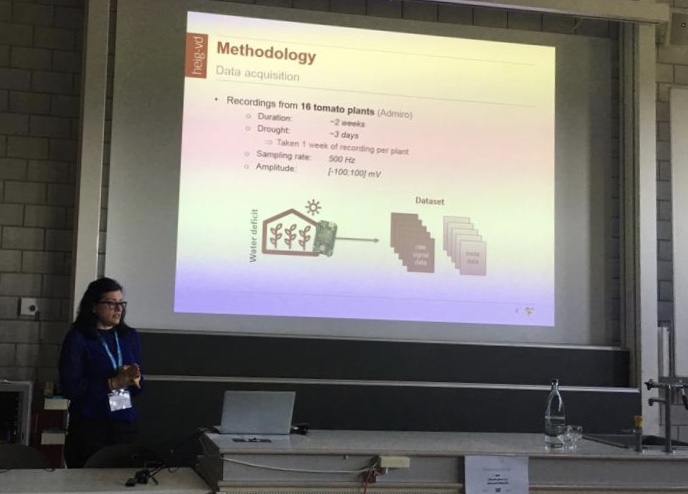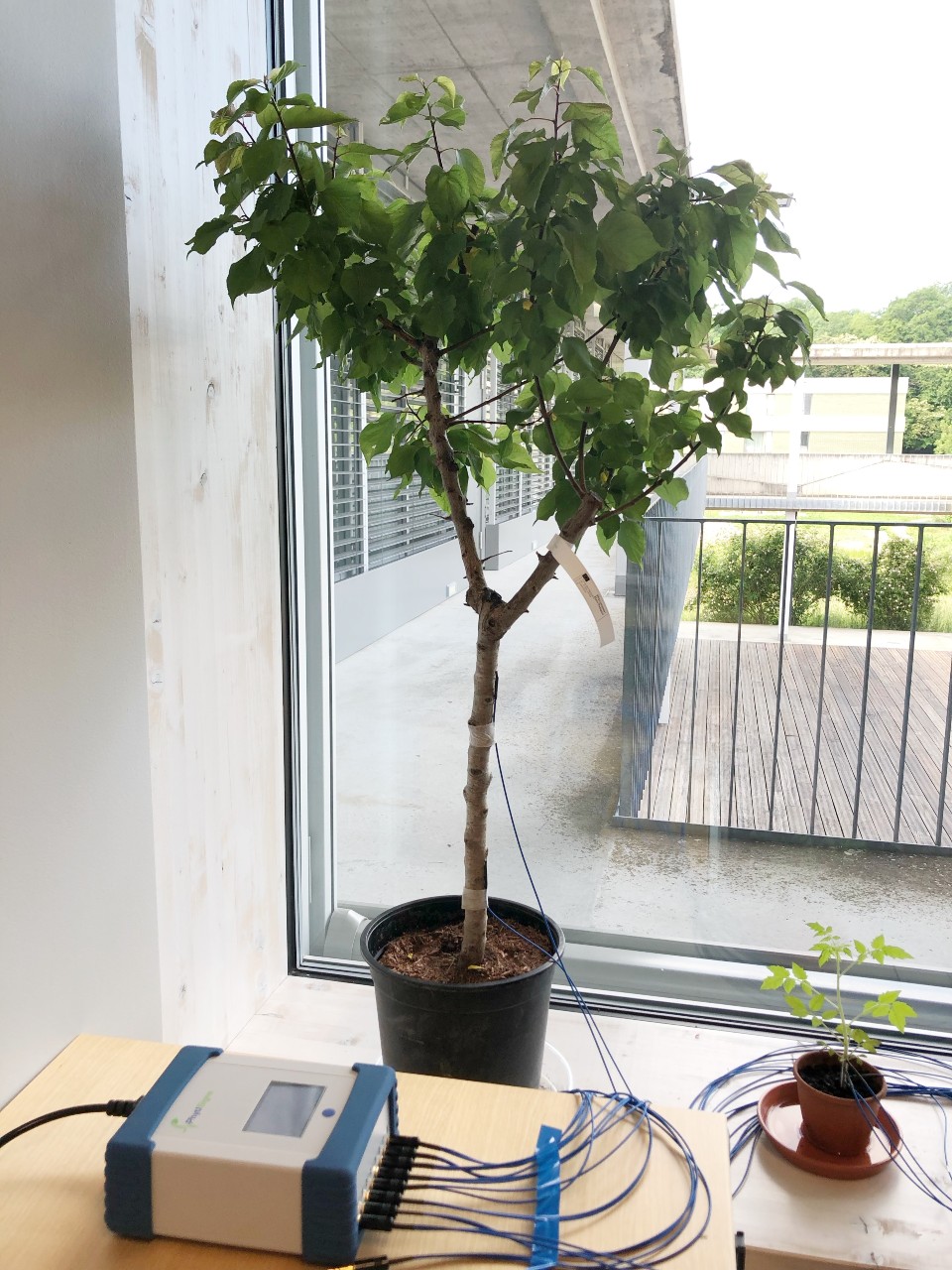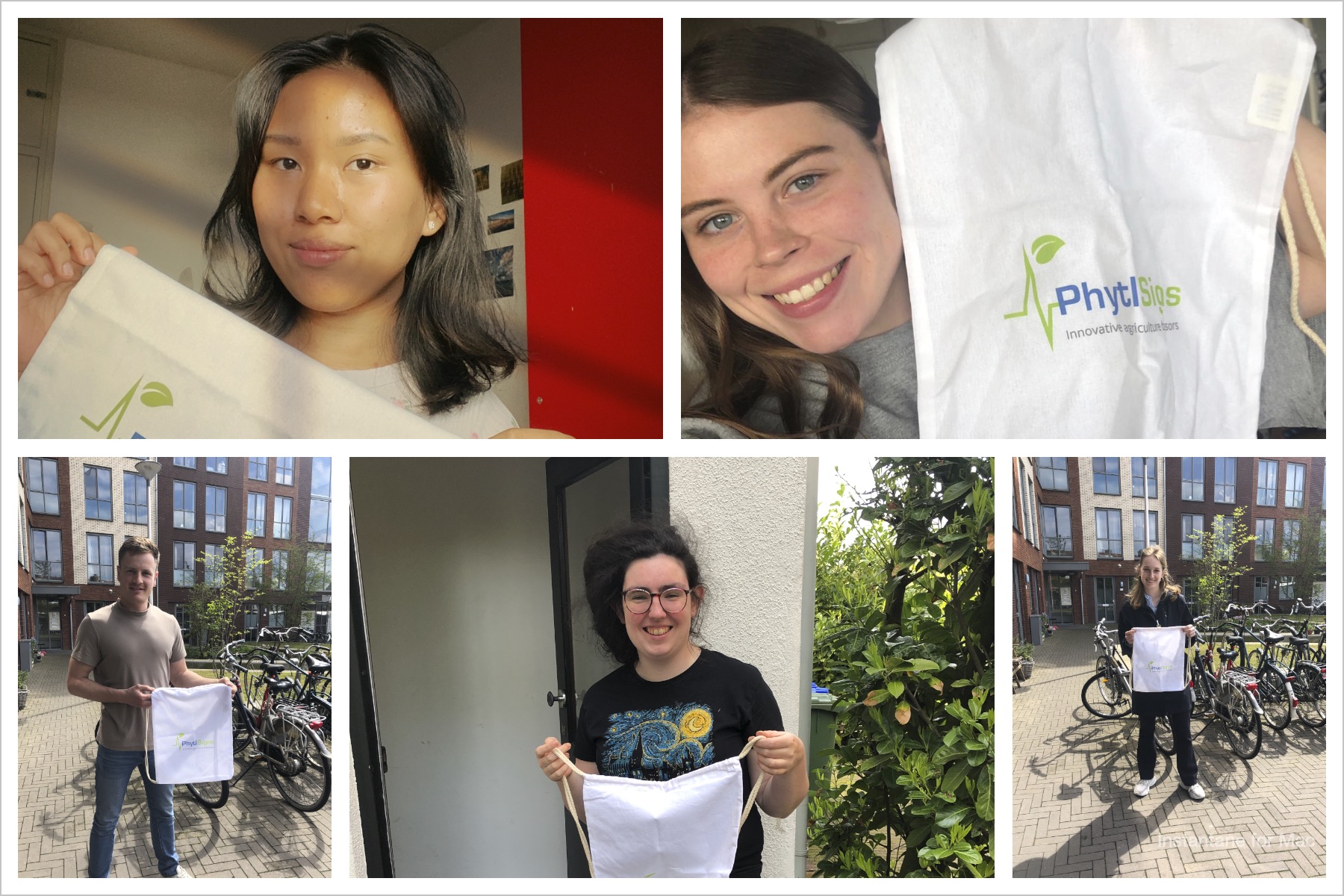
For the last 12 months, as part of Vivent’s Swiss Government funded Innosuisse Project Pisa, HEiG-VD based information technology expert Dr Elena Najdenovska has been applying her considerable expertise to the processing, analysis and modelling of plant electrical signalling recordings from our PhytlSigns bio-sensor. I recently talked to Elena about her career.
Macedonian born Elena, impressively, a speaker of 8 languages, first came to Switzerland to study Electrical Engineering at EPFL as a nineteen year old.

What inspired you study electrical engineering?
A love of Mathematics but a desire to study an applied subject and to do something immediately useful led to her degree choice, but she soon realised that her real interest (and talent) lay in the use of information technology in the engineering world. As part of her course she undertook several university projects in the medical field, at nearby hospitals, really enjoying the immediate impact that she could have on patient lives through improved accuracy and diagnosis of MRI data. Not surprisingly her PhD at UniL was Life Science focussed.
On finishing her PhD she decided that she wanted a change and was attracted to a Research Collaborator role, based at HEIG-VD, for Project Pisa with Vivent as an industrial partner, involving the analysis and modelling of complex plant-based electrical signalling data. She certainly feels that it was a good career choice!
What’s the most enjoyable part of your work?
Being part of a multi-disciplinary team, all working towards the development of a real, innovative product –PhytlSigns, is top of her list. She’s also enjoying the considerable technical challenge and the opportunity to broaden her knowledge of the plant biology world.
What’s the biggest challenge you face?
Whether modelling data derived from an MRI machine or electrical signals from plants she explains that the biggest issues are pretty much the same – the cleanliness of the data and having natural limits on the amount of data available, which both affect the accuracy and reliability of modelling. In addition, Project Pisa has an additional degree of difficulty- no prior knowledge of modelling electrical signals from plants! Pioneering territory indeed.
What areas of new science or technology are you most excited by?
For Elena, developments in personalised health-care – diagnosis and treatment, thanks to AI advancements, really stand out as very exciting. “They will have a huge impact on people’s lives and wellness”, she said.
What’s next for you?
Elena is about to submit not one, but two papers reporting on Project Pisa’s crop electrophysiology modelling results using PhytlSigns sensors. She is excited to share these great results with the wider research community. Beyond that she is very much hoping to continue her work on perfecting the modelling of plant electrical signals. In the short term she will carry on working with Vivent’s data as part of a new project funded by the Swiss Federal Government Off ice for Agriculture.
Longer term she may look at another field of medicine in which to apply her knowledge. Whatever the future holds for Elena, all of us at Vivent thank her for her dedication and hard work and wish her well.




